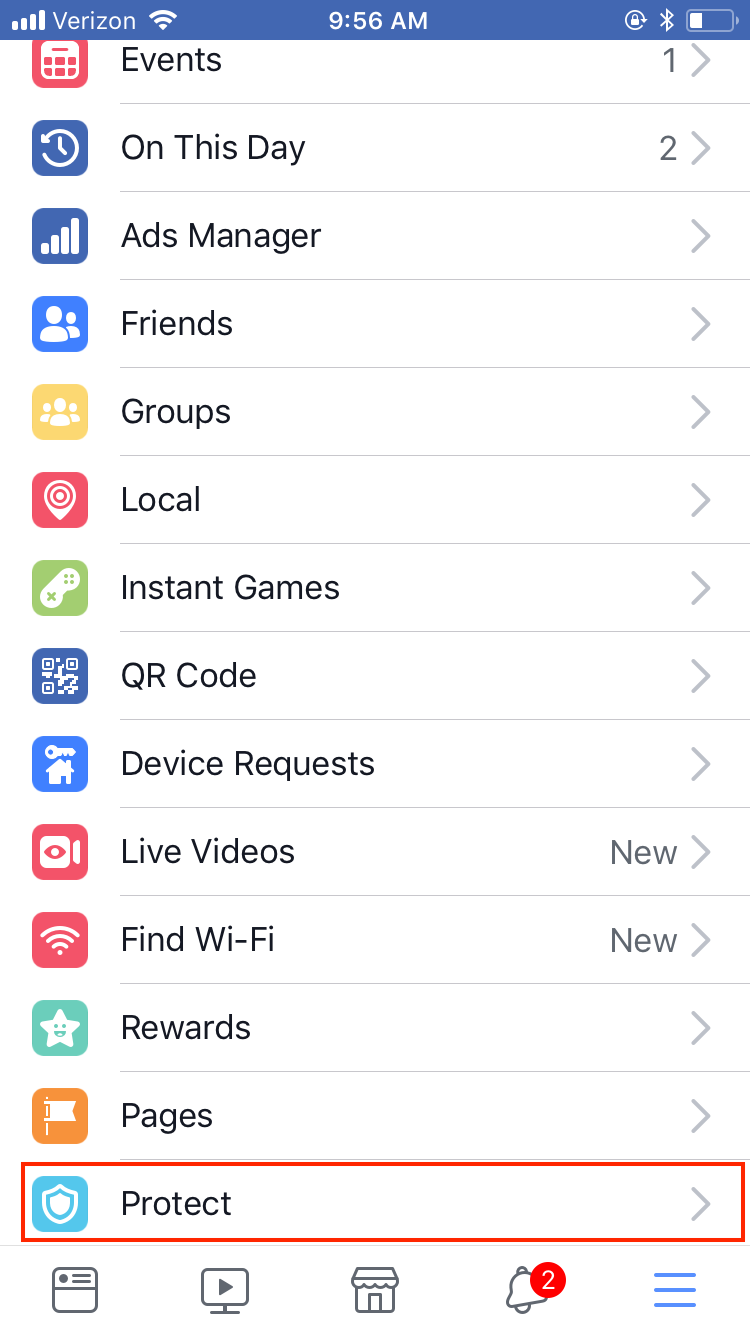

Why is this a devious tactic? By their very design, virtual private networks are meant to protect people’s privacy. They create an encrypted tunnel to obscure one’s browsing activity and location. People routinely use VPNs to keep data safe from hackers when they use public WiFi and to retain privacy from Internet service providers (or anyone who may sniff out their traffic). While free and unscrupulous VPN providers can technically use the tunnel it creates to track and even sell people’s data to third parties, this is hardly a best practice. In fact, this is a scheme used by many malicious VPN providers.
Facebook’s Onavo VPN monitors and tracks users’ mobile usage, app installs and activity, website browsing activity, data usage and habits under the guise of privacy protection. With the loss of Net Neutrality in the U.S., people have flocked to desktop and mobile VPNs so they can maintain some semblance of privacy. Unbeknownst to the masses, Facebook is encouraging people to download Onavo to “protect” themselves while recording people’s behavior.
Facebook takes the position that its “Onavo” VPN is just like other VPNs, providing a secure connection to protect people’s privacy and safety from potentially harmful sites. According to Facebook’s marketing, while the app ‘collects your mobile data traffic’, it also helps the company identify and root out “bad actors.” Best-in-class VPNs keep people’s data secure by not keeping user logs at all.
Facebook’s Onavo also claims that it collects people’s mobile data traffic to improve its VPN service, Facebooks’s service, and to “gain insights into the products and services people value and build better experiences.” This translates to snooping on what sites people visit, what apps and features they use, and linking them back to the individuals who use them. Facebook, no doubt, plans to sell this valuable information to advertisers and other third-parties. But it also means that Facebook will be privy to even more personal data that can improve its market position. We can expect Facebook to use these insights collected from people’s activity to copy features and functionality of competitors and smaller players, creating an uneven playing field.
Facebook is a household name and a technology leader. Given its stature and past history of privacy issues, it should be setting the standard for reputable VPN services and helping weed out dishonest ones. Instead, it has adopted a crooked practice with the intent of profiting from people’s personal privacy.
By using its social networking stronghold to market a VPN that actively surveils people who use it, it does the public a disservice by conditioning them to give up their data for an insincere promise of protection. It also undermines the ecosystem of honorable VPN providers who respect people’s privacy and commit to having no logs.
With more than 2 billion users, Facebook has shown time and again, that it can’t be trusted as a steward of people’s privacy. Facebook has a social and cultural responsibility, to be sure. But it also has an obligation to act honorably with its users. Facebook should reconsider its misuse of Onavo to monitor user activity. If the company cares at all about protecting people’s personal privacy and cleaning up its reputation, it should rethink its business model and do away with all mobile data traffic collection. Facebook could even publicize this strategic change to illustrate how it’s moving in the right direction to put people’s privacy first, fix its service and preserve democracy.
For people who want to try a VPN service, don’t use Onavo VPN. (And if you mistakenly downloaded it, uninstall right away!) One of the main benefits of a VPN service should be privacy. Don’t settle for anything less. Choose a reputable VPN from a company you trust that doesn’t have logs and that you pay for (so there’s no incentive for your VPN provider to sell your data).
Want to learn more about a VPN that’s serious about protecting your privacy? Check out Keepsafe VPN.


